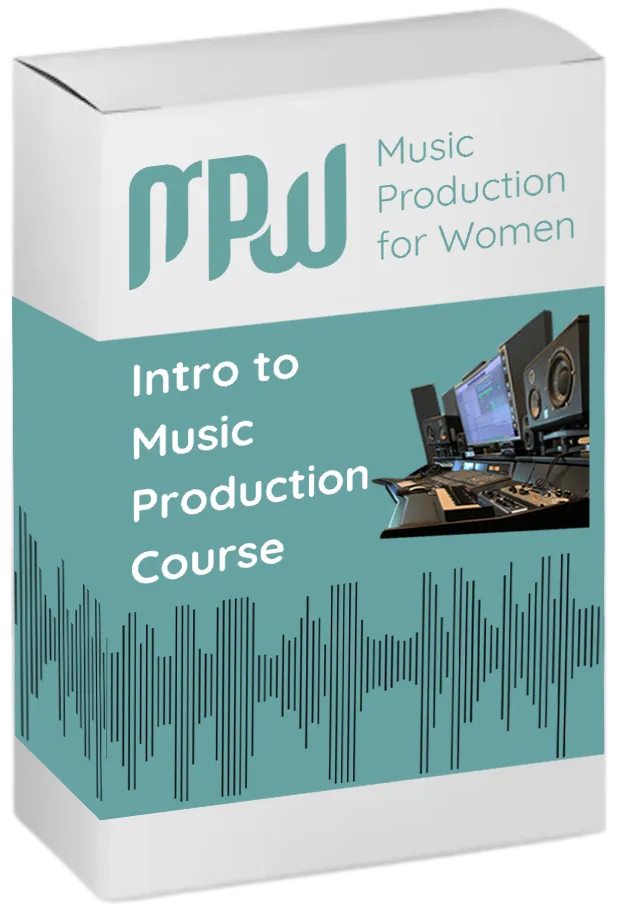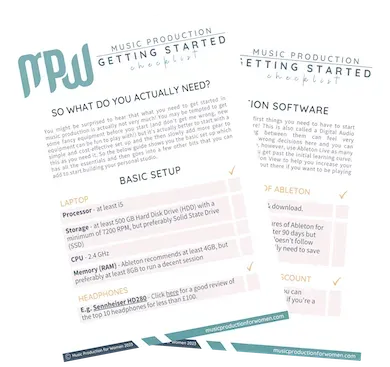What is a MIDI Controller? And Why Every Musician Needs To Know About Them
What is a MIDI Controller
What Does a MIDI Controller Do?
What is the Difference Between a Keyboard and a MIDI Controller?
What Are the Benefits of a MIDI Controller?

Key Takeaways
A MIDI controller is a tool that sends data, not sound. When people ask “What is a MIDI controller?”, the simple answer is: it’s a device that sends MIDI data to your music software, letting you control virtual instruments, effects, and mixing with your hands.
MIDI controllers are different from keyboards. Unlike digital pianos or synths, a MIDI controller doesn’t generate sound on its own—it needs to be connected to a computer or software to unlock a wide range of instruments and sounds.
MIDI controllers make music production more creative and fun! They give you a hands-on way to make beats, melodies, and automation, which is often faster and more inspiring than clicking with a mouse.
You don’t need a MIDI controller in your production set up, but it helps. Music production software can be used on its own, but having a MIDI controller makes the process easier, more expressive, and more enjoyable—especially for beginners.
A MIDI controller is an affordable entry point into music production. Many Midi Controllers are compact, beginner-friendly, and cost far less than a synth or piano, making them the perfect first step for anyone learning what a MIDI controller is and how to use it.
When you’re starting out in music production, the term MIDI controller can sound a little intimidating. Do you really need one? How is it different from a keyboard? And what does it actually do?
In this blog post based on the podcast conversation between MPW CEO Xylo Aria and Alex Godfrey, product specialist at Novation, we break it all down in simple terms, so you can feel confident about whether a MIDI controller is the right next step for your music journey.
What Does a MIDI Controller Do?
At its core, a MIDI controller is like a translator between you and your computer. It doesn’t create sound on its own—instead, it sends MIDI (which stands for Musical Instrument Digital Interface) data to your music software. That data tells your software things like:
Which note you’re playing
How hard you’re pressing it
How long you’re holding it
Whether you’re moving a knob, sliding a fader, or hitting a pad
This means with one device, you can play virtual instruments, trigger drum samples, control effects, or even automate mixing tools. Instead of clicking around with your mouse, you get a hands-on, expressive way to interact with your music.
What is the Difference Between a Keyboard and a MIDI Controller?
It’s easy to confuse a keyboard with a MIDI controller because many controllers look exactly like keyboards! But here’s the difference:
Keyboard (Digital Piano or Synth): Has built-in sounds and often speakers, so you can play it, and hear it back, without a computer.
MIDI Controller: Doesn’t produce sound on its own. It needs to be connected to a computer or device running music software for you to hear what you’re playing.
So if you want to just play piano sounds out loud, a digital piano or synth might make more sense. But if you’re producing music on a laptop, a MIDI controller opens up a whole universe of sounds and creative possibilities without taking up loads of space.

What Are the Benefits of a MIDI Controller?
For beginner and intermediate producers especially, a MIDI controller can be a total game-changer. Some benefits of using one in your workflow include:
Hands-on creativity: Feeling connected to your music by physically playing and tweaking sounds.
More expressive performances: Using pads, knobs, and keys lets you add dynamics and movement that your mouse can’t replicate.
Speed and workflow: Recording melodies, beats, and automation much faster than programming everything with a mouse.
Limitless sounds: Instead of being tied to one, or a few built-in sounds in a keyboard, you can play any instrument or plugin in your music software.
Compact and affordable: Many MIDI controllers are portable, beginner-friendly, and far less expensive than a full synth setup.
Do I Really Need a MIDI Controller?
Ok, so here’s the truth: you don’t absolutely need one. You can make music with just your laptop and software. Many producers start this way. I definitely did!
But, having a MIDI controller can make the process a lot easier and more inspiring. Imagine tapping out a drum groove on pads instead of clicking little boxes, or shaping your synth sound with a twist of a knob instead of dragging your mouse.
For many of our students at MPW, buying a MIDI controller is the moment music production really starts to feel fun instead of overwhelming. It bridges the gap between the traditional way of making music and the digital world.
Want to Start Producing But Not Sure Where to Start?

Final Thoughts
Using a MIDI controller in your workflow isn’t about being or looking “pro”, it’s simply about giving yourself more tools to express your creativity. Whether you’re adding one to your setup now or later, understanding what it does empowers you to make a more informed choice.
If you’d like our recommendation on the best MIDI controllers to start with, grab a copy of our Getting Started Checklist to get our top recommendations.




